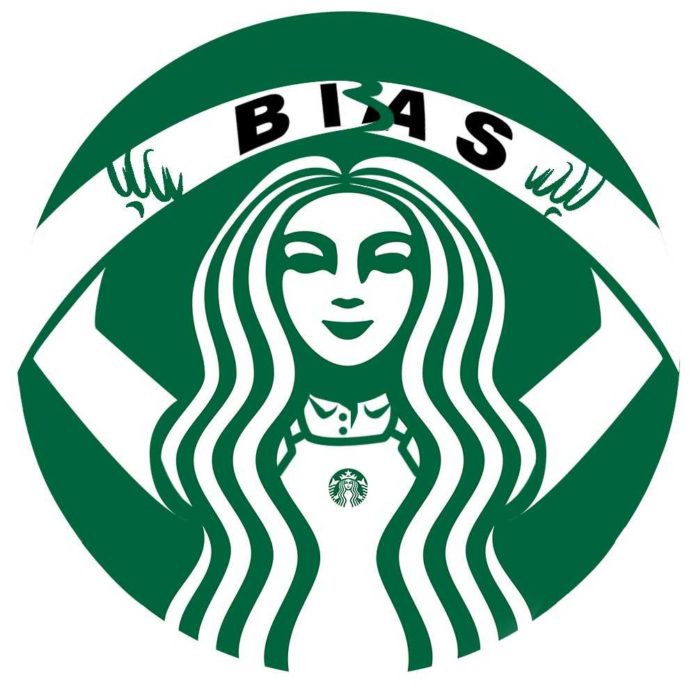Last week, two African-American males were arrested for trespassing while sitting in a Starbucks, waiting to meet a friend.
Few people openly admit to holding racist beliefs, but many psychologists claim most people are still unintentionally racist. We hold what are called “implicit biases.” This can manifest in several ways. In the case of these Starbucks employees, it meant calling the police because they were afraid of two black men sitting in the coffee shop not ordering anything. While it’s possible that these employees were actually afraid, racial bias caused their fear. Even if it was unintentional, implicit bias is still a major problem that needs to be addressed, not just at Starbucks, but in American society as a whole.
Starbucks did address this issue on a national level, issuing a statement two days after the arrests:
“We apologize to the two individuals and our customers and are disappointed this led to an arrest. We take these matters seriously and clearly have more work to do when it comes to how we handle incidents in our stores. We are reviewing our policies and will continue to engage with this community and the police department to try to ensure these types of situations never happen in any of our stores,” the statement read.
Another two days later, Starbucks announced that it plans close more than 8,000 stores on May 29 to conduct anti-bias training for employees. This has been an extremely controversial decision, as many people think Starbucks is overreacting and there is no need for anti-bias training on such a large scale. But this incident is just one of many issues showing us that even in 2018, racism persists and needs to be battled daily.
Martin Luther King Jr. said, “History will have to record that the greatest tragedy of this period of social transition was not the strident clamor of the bad people, but the appalling silence of the good people.”
This quote is still relevant today, if not more so. It is easy to call out and punish people who are openly racist, it is harder to recognize bias when it is unintentional and subconscious.
Starbucks’ action is necessary and not at all an overreaction. In fact, more companies should follow suit and require anti-bias training for its employees.
If other companies that have had situations like this had done the same thing, maybe we would make strides toward putting a stop to intentional and unintentional bias.
Anti-bias training can reap many benefits at a very low cost.
Eric Davis, a sociology professor at Bellevue College and anti-bias trainer told NPR that the goal of these workshops should be, “Conversing with one another, empathizing with one another, seeing the other person as an extension of yourself.”
The training could show the biased person what harm they’re actually doing and how they can put a stop to it. This is the ideal outcome to educate and correct behavior.
Starbucks is taking a good first step, but it is not the only company that should work to eliminate bias.






